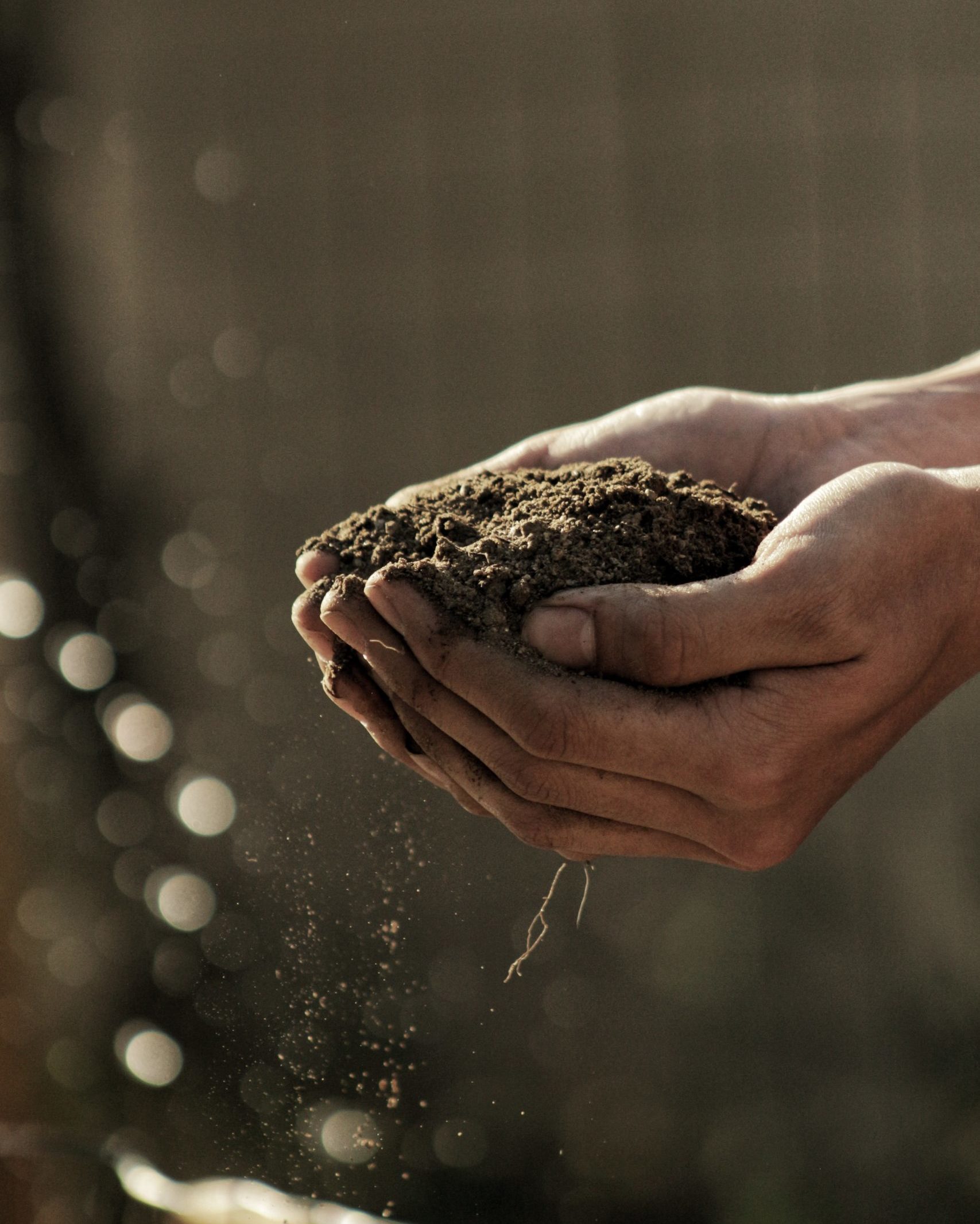First of all, one fact that needs to be clarified is that Vitamin B12 is not and should not only be of concern for those who choose not to include animals in their diet; in modern times, it is a concern that should be present in every individual’s life.
Responsible for a very important role in the central nervous system while maintaining our cognition and preventing cell degeneration, vitamin B12 is essential for our body.
Why are vegans so concerned about sufficient vitamin-B12 intake?
Basically, vitamin B12 is produced by bacteria found in the soil; through the decomposition of leaves, roots and other elements, these bacteria produce vitamin B12.
Considering that vitamin B12 is not part of the physiological mechanism of plants (vegans have their diet essentially based on plants) but present in the soil, this vitamin will not be ingested through these foods, since we subject them to various cleaning and sanitizing processes.
If it was possible for us today to grow our own food as our ancestors did, it would provide us with direct contact with healthy soil, we would consume our food without all the processes that nowaday’s food is going through until it arrives on our plates, we would be ingesting vitamin B12 in micrograms purely by the consumption of natural foods.
However, the reality we are facing these days is a variety of sanitation processes that food is imposed on until marketed and more so, taking into account the presence of pesticides and bacteria that may not be good for our body, we continue these processes, washing, soaking, peeling.
In short, the vitamin B12 that would possibly have been present on the outside of these foods that have been in contact with the soil is no longer present by the time we consume these very foods.
The idea here is not to encourage people to stop washing food, not at all, as in the reality of the modern world we live in, this would be a risk to our health due to several factors. Consuming vitamin B12 through plants would only be possible within a lifestyle of self-cultivating that which is consumed.
Why score animal-based foods higher in terms of presence of vitamin B12?
Animals are in direct contact with the soil, feeding, interacting with the soil, and coming into direct contact with these bacteria that provide vitamin B12.
The presence of this vitamin is even greater when we talk about ruminant animals, which have their stomachs divided, which allows the bacteria to ferment the food that was ingested and produce vitamin B12, facilitating the absorption of this vitamin, in the case of animals.
It is important to clarify that although in some cases vitamin B12 is inside some animals, it is not the animals that produce it, but the bacteria. Wherever this bacterium lives will it produce vitamin B12.
Can we consider that feeding with an intake of animal products would be a natural source of vitamin B12?
There are studies that show that the concentration of vitamin B12 in the environment is generally at a much lower level than it used to be decades ago. This is because the way in which agriculture is carried out today does not contribute to preserving natural and healthy soil.
Dreams of transgenic foods, for example, we can mention soy or corn, which are foods that are essentially a feed base for these animals, which are marketed for the consumption of their meat.
We still have the presence of many pesticides, which are basically biocides, and living organisms such as bacteria and microorganisms and, therefore, also compromise the life of the soil.
This caused the animals, over the years, to also show vitamin-B12 deficiency. And the solution that humans found to this problem was vitamin-B12 supplementation for these animals.
And that’s why every day, more people—vegans and non-vegans—are being diagnosed with low levels of vitamin B12 in the body.
Once we understand the situation of vitamin-B12 deficiency in the environment we are in, the supplementation that humans are making these animals could be carried out directly in the human body.
Look for alternatives that provide you with being connected to the earth, if possible, such as genuinely natural foods. In any case, be aware of your health, undergo periodic exams and, if necessary, do not hesitate to supplement.
Symptoms of lack of vitamin B12
Fatigue
Weakness
Imbalance
Complications to see
Shortness of breath and appetite
Pernicious anemia
Association with mental illnesses such as dementia
Mental confusion
Irritability and sadness
Memory problems
Treatment of vitamin-B12 deficiency
Diagnosis and treatment are relatively easy and inexpensive – especially when compared to treating the diseases that vitamin B12 deficiency can cause. Checking your vitamin B12 levels is possible through a blood test.
For the treatment, what will be considered adequate depends on how this deficiency has affected you. To treat the lack of vitamin B12, you will need to seek medical advice to indicate the best therapy for you, which could be either sublingual or injectable supplements.




